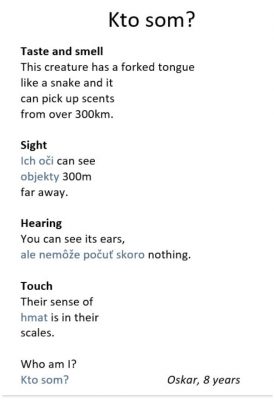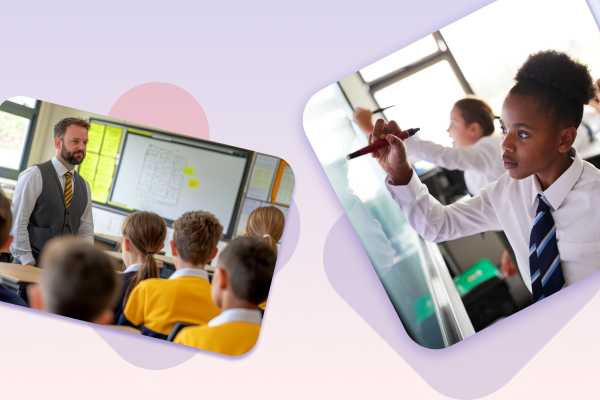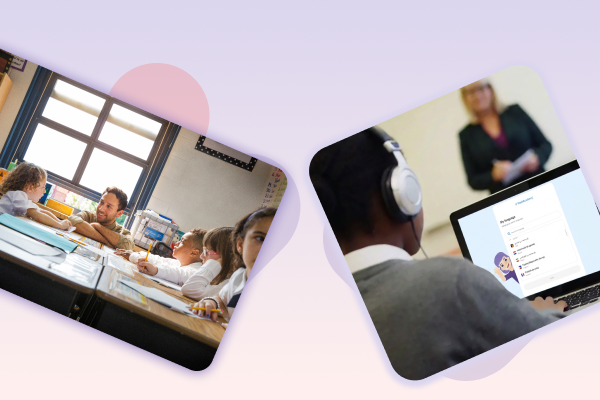
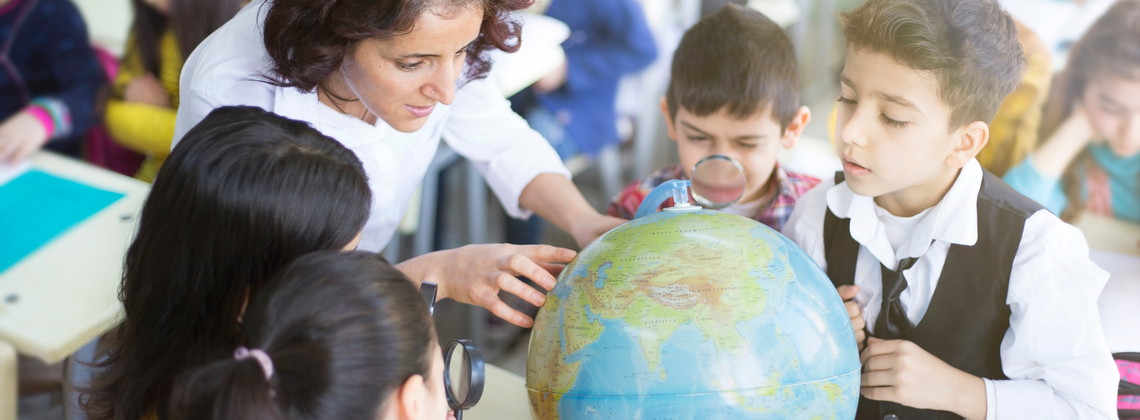
We caught up with the team behind Lost Wor(l)ds, an impact initiative seeking to address how multilingual children are viewed in formal education contexts, giving teachers ideas and tools for promoting multilingualism in the classroom. Watch the full webinar here:
Behind this project are Dr. Sabine Little and Dr. Rebecca Murray. Sabine is a Lecturer in Languages Education and Deputy Director for Learning and Teaching at the University of Sheffield. Sabine’s research area is on facilitating multilingualism and the links between language and identity. Sabine, being a multilingual herself and mum to a bilingual son, is also a trained Languages Teacher. Rebecca is the ‘Lost Wor(l)ds’ Impact Associate and Research Associate on migration projects. Rebecca’s main research area is the role of education in the integration experiences of people who have been forcibly displaced and sought refuge in the UK.
What are the benefits of integrating multilingualism in the classroom?
“The number of multilingual pupils has increased dramatically over the years; however, the school curriculum focuses on a monolingual worldview. Different routes to developing English are important, but language development shouldn’t stop once children reach the required curriculum knowledge. Creating an environment where multilingualism is valued and normalised will give children with EAL the best education possible. Enabling teachers to help children to use language to their advantage doesn’t just help to grow their language skills but also supports a school culture where diversity is normalised and valued. By promoting multilingualism, you create that language curiosity for other children; they learn to appreciate how much there is to the world and build acceptance of other languages and cultures.”
Could you explain your focus behind nature and multilingualism?
“We built on the Lost Words book by Robert Mcfarlane and Jackie Morris (2017). The premise focused on how nature words became lost in the new edition of the Oxford Dictionary and argued that if we lose the language, we lose our connection with nature. The same is said for EAL learners and multilingual pupils – when children lose their home language, they also lose part of their world. The link between language and how we understand the world was important to us, and the increased awareness of nature activism by young people, created a prime chance for promoting multilingualism in schools. Nature lends itself to the curriculum, so we wanted a topic that easily integrates but at the same time has its own focus. It’s also a topic that is valuable within the climate of home learning where we’re encouraging people to get out more.”
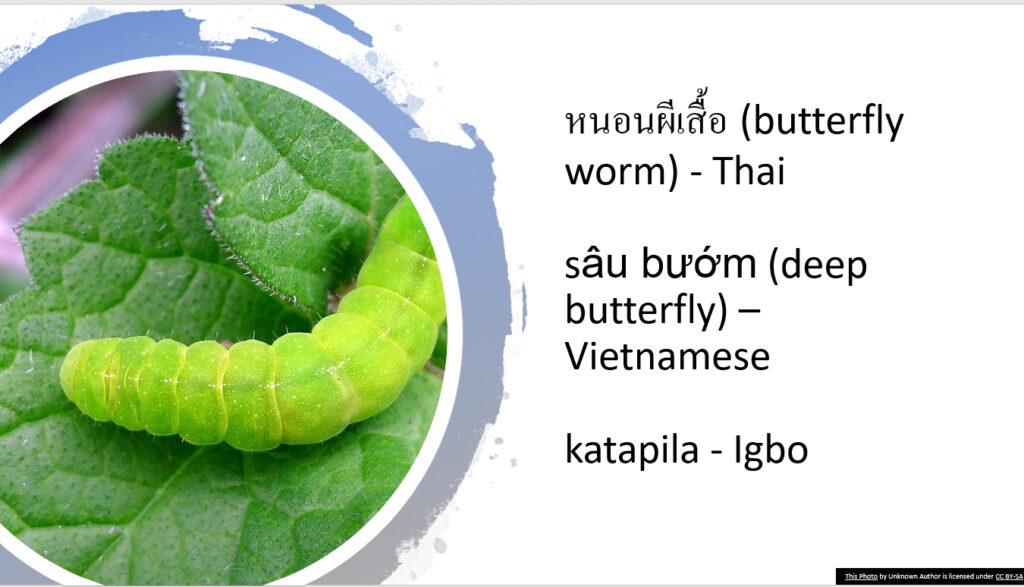
What research underpins the Lost Wor(l)ds mission?
“Multilingualism was commonly known as just monolingualism multiplied by 2 or 3, but we now understand it’s so much more than that. Educators would previously say that languages interfere with each other, but we now know and appreciate that languages can actually support one another. Giving children the opportunity to use all their languages for things like problem-solving not only gives better access to content learning but also promotes language learning; they have the opportunity to bounce languages off each other, compare and contrast, etc. The Lost Wor(l)ds initiative is a pathway to meet curriculum targets while helping children to build on their multilingualism by integrating it into the formal classroom context.”
What key strategies schools can implement to promote multilingualism?
“Viewing multilingualism as a strength is key for making a conceptual shift so that school becomes a place where all languages are valued. For instance, when new topics are introduced or stories are read, you could do a quick check around to see if anybody knows key words in another language. Enabling children with EAL to contribute something that nobody else can and allowing them to become the expert in their own language is an easy yet valuable example of language promotion. Reading diaries can be another useful tool for promoting multilingualism. For parents, often the perception is that there is a language for school and a language for home; make it very clear that no matter what language is being read in, it is welcome in the reading diary! By doing this, parents can also help with ensuring their children’s languages are valued everywhere. Opportunities to create a multilingual corner in the school library so home languages are exposed to a wider space is another valuable strategy.”
Are there any activities for home and family communication which could be helpful for remote learning?
“Nearly all the Lost Wor(l)ds resources are suitable for remote learning. Our activities include a multilingual scavenger hunt, encouraging children to go outside and find an icicle, tracks in the snow, etc. and relay objects found in their home language, as well as in English. We also have more on-screen activities for teachers to introduce, such as our Creature Feature where children learn about animals through the five senses; younger children can use this as a puzzle whereas older learners might write a poem about it.”
